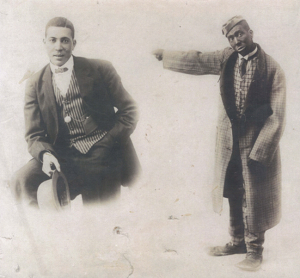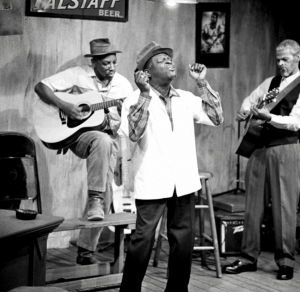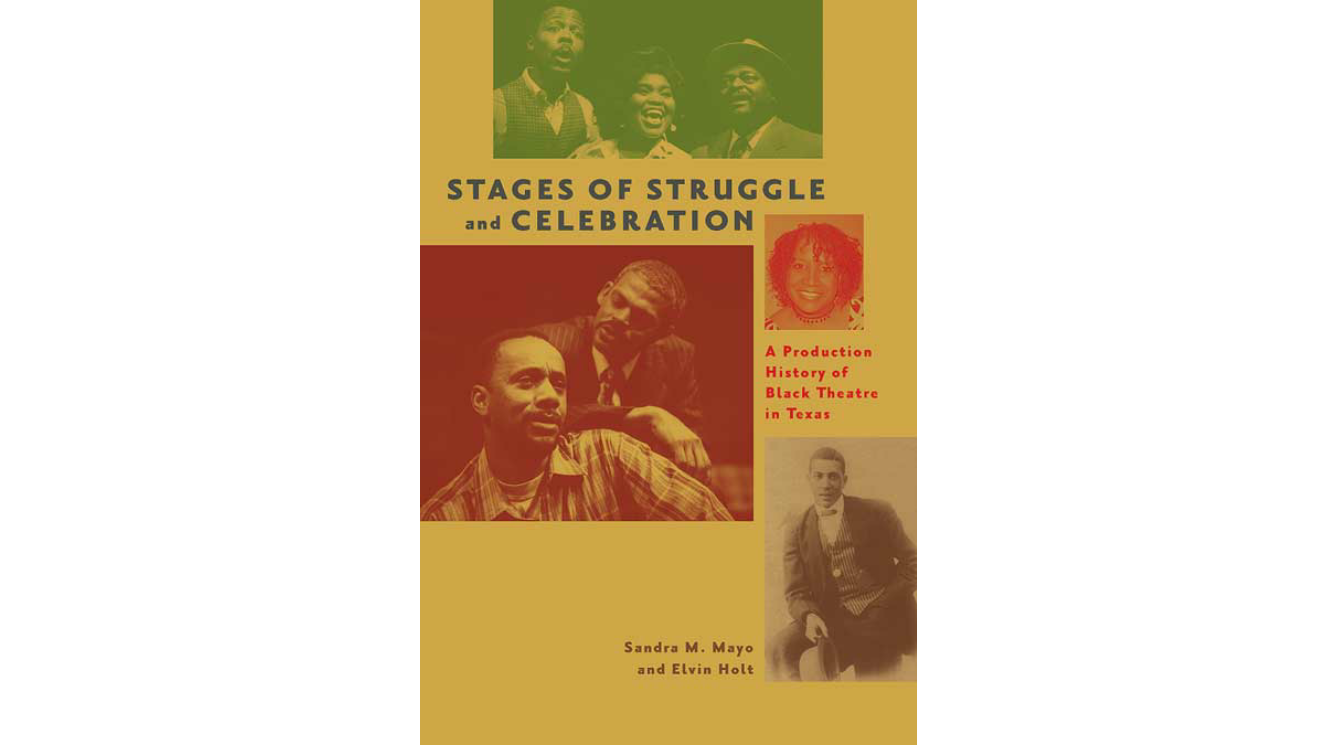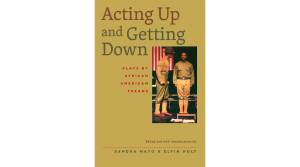Background
 Over the past 250 years, African Americans have developed and sustained a rich tradition in amateur and professional theatre. They have produced plays in schools, women’s clubs, men’s lodges, churches, and public theatres. Black Theatre in Texas has been a part of this tradition from the turn of the 20th century until today with roots in the African past and slavery, leading to late 1800s Texas minstrel companies (e.g., Texarkana Minstrels) and the first Black Texas playwright, Sherman Dudley, with The Smart Set (1896). In Austin, Dallas, Fort Worth, Houston, and San Antonio, Black Theatre has been the corner stone of arts activity through persistent theatre groups since the turn of the 20th century. A few of the active theatre groups before the 1950s include the Thespian Society for “Cullud genman” in Houston (1866), the Myra Hemmings Players in San Antonio (beginning in the 1920s), the Log Cabin Players at Wiley College in Marshall (1925), and the Charles Gilpin Players at Prairie View A&M University in Prairie View (1929). The Black Arts Movement of the 1960s and 1970s inspired numerous theatre groups. The Texas Black Theatres initiating during this period include Urban Theatre in Houston (1969), Black Arts Alliance in Austin (1970s), and The Sojourner Truth Players in Fort Worth (1972).
Over the past 250 years, African Americans have developed and sustained a rich tradition in amateur and professional theatre. They have produced plays in schools, women’s clubs, men’s lodges, churches, and public theatres. Black Theatre in Texas has been a part of this tradition from the turn of the 20th century until today with roots in the African past and slavery, leading to late 1800s Texas minstrel companies (e.g., Texarkana Minstrels) and the first Black Texas playwright, Sherman Dudley, with The Smart Set (1896). In Austin, Dallas, Fort Worth, Houston, and San Antonio, Black Theatre has been the corner stone of arts activity through persistent theatre groups since the turn of the 20th century. A few of the active theatre groups before the 1950s include the Thespian Society for “Cullud genman” in Houston (1866), the Myra Hemmings Players in San Antonio (beginning in the 1920s), the Log Cabin Players at Wiley College in Marshall (1925), and the Charles Gilpin Players at Prairie View A&M University in Prairie View (1929). The Black Arts Movement of the 1960s and 1970s inspired numerous theatre groups. The Texas Black Theatres initiating during this period include Urban Theatre in Houston (1969), Black Arts Alliance in Austin (1970s), and The Sojourner Truth Players in Fort Worth (1972).
Black theatre endured in the major cities in Texas over the last forty years with a number of theatre companies, including those featured in Mayo and Holt’s Stages of Struggle and Celebration–The Ensemble Theatre and Encore Theatre in Houston, The Black Academy of Arts and Letters in Dallas, Jubilee Theatre in Fort Worth, ProArts Collective in Austin, and Hornsby Entertainment Theatre Company and The Renaissance Guild in San Antonio. Newly established groups in the mid-2000s included the African American Repertory Theatre in Dallas and Spectrum Theatre in Austin. These companies have graced stages in their respective communities with a focus on original works and the most celebrated and produced African American playwrights in the country.
Aspiring African American Texas playwrights found the Black theatres in Texas welcoming training grounds. Mayo and Holt documented over thirty African American Texas playwrights. Featured in Acting Up and Getting Down are Ted Shine, Eugene Lee, Celeste Bedford-Walker, George Hawkins, Thomas Meloncon, Elizabeth Brown-Guillory, and Sterling Houston, with documentation of their canons and others in the appendix.




 Over the past 250 years, African Americans have developed and sustained a rich tradition in amateur and professional theatre. They have produced plays in schools, women’s clubs, men’s lodges, churches, and public theatres. Black Theatre in Texas has been a part of this tradition from the turn of the 20
Over the past 250 years, African Americans have developed and sustained a rich tradition in amateur and professional theatre. They have produced plays in schools, women’s clubs, men’s lodges, churches, and public theatres. Black Theatre in Texas has been a part of this tradition from the turn of the 20